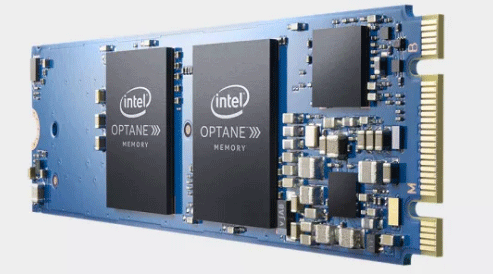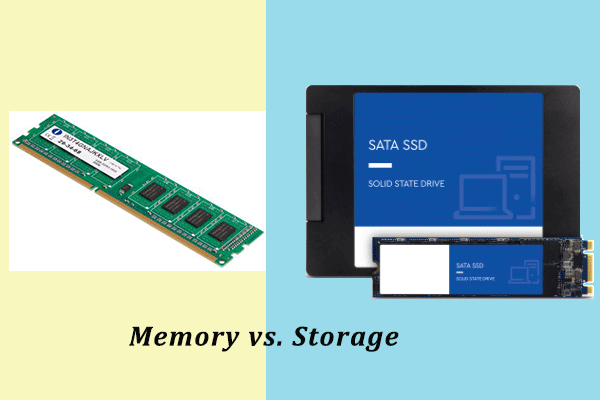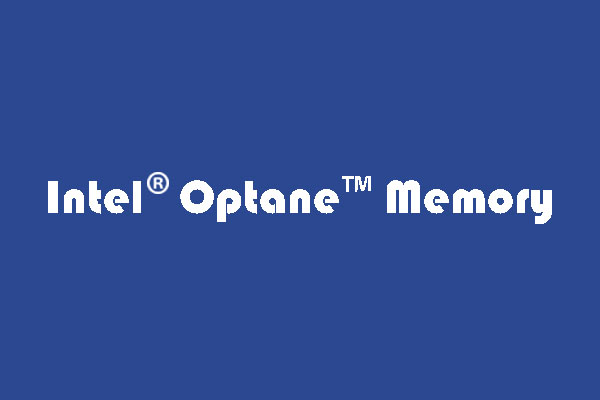Is the Optane memory worth it? Can Optane memory replace RAM? Can Optane memory compensate for less RAM? Some people may wonder these questions. In This post, MiniTool will show you Optane memory vs RAM.
What Is RAM?
RAM, short for Random Access Memory, is also called main memory or just memory. Due to this, some people may think RAM and Optane memory are similar. If you also think so, you are wrong. They are definitely two different items.
In terms of function, RAM is an internal memory that directly exchanges data with the CPU. It can be read and written at any time and its speed is very fast. It is usually used as a temporary data storage medium for operating systems or other running programs.
When you open computer and run programs, CPU will transfer the data that needs to be operated into the RAM for operation. When the operation is completed, the result will then be transmitted out back to hard drive.
In terms of storage medium, RAM uses DRAM particles and therefore it is volatile memory. It cannot retain data when the power is turned off. If you need to save data, you must write them to a long-term storage device like hard drives.
What Is Optane Memory?
Optane memory is non-volatile memory based on 3D XPoint. The technology is said to improve the latency and performance in DRAM and NAND. 3D XPoint is 1000x faster than NAND flash memory.
Micron Announced The World’s Fastest 3D XPoint SSD Hitting 9 GB/s
The Optane memory adopts M.2 22 x 80mm form factor and PCIe NVMe 3.0 x2 interface. It’s usually used as a form of disk caching. Intel Optane memory acts as a fast means for data to be transferred between the HDD and RAM. You may notice I use the word “HDD”, not “hard drive”, that’s because the performance gains are small if you use SSDs.

Intel Optane memory is not a replacement for standard DRAM. Instead, its purpose is to complement and improve existing memory configurations.
Optane Memory vs RAM: Transfer Speed
According to the above content, you may have clues to the Optane memory vs RAM speed. You are right. The Intel Optane Memory is not faster than RAM. It is faster than some SSDs but not RAM.
If you compared a DDR4 2133 RAM chip with Intel Optane Memory, the results don’t lie. A DDR4 2133 RAM chip handles transfer speeds of 17 GB/s compared to a measly 1.4GB/s Intel Optane can muster. And that’s not even the half of it. DDR4 3200 has a transfer rate of 25.6GB/s and on Optane’s side, we only hear crickets chirping.
Compared to RAM, the only advantage of Optane memory is the price. The only reason to consider Intel Optane memory is when you are looking for a cheap way to improve the performance of your hard drive.
Now, let’s answers some questions frequently asked by people.
Optane memory vs RAM FAQ
If two computers have same RAM, installing Optane memory will make one computer perform better than the other. But if one computer has 8GB RAM and the other has 4GB RAM + Optane memory, the former will perform better than the latter.
In a word, Optane memory can complement and improve memory configurations, but can’t compensate for less RAM.



User Comments :